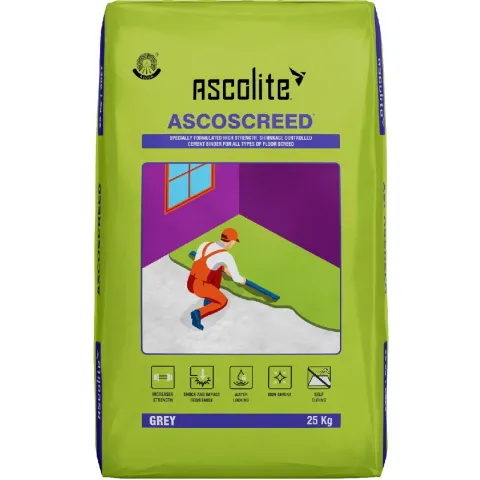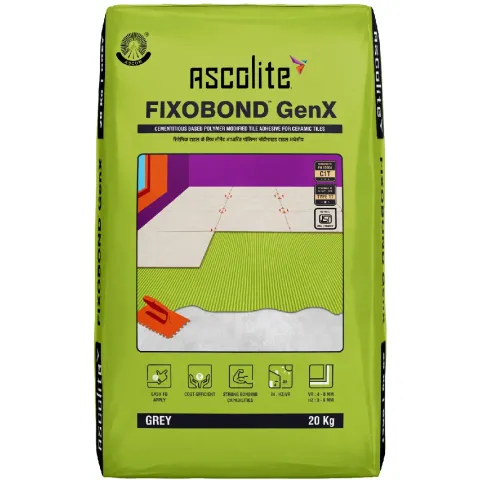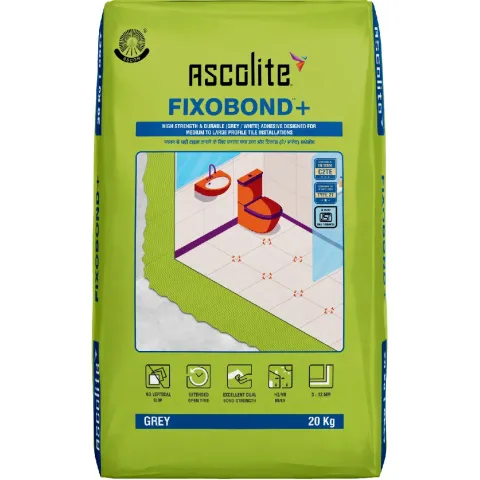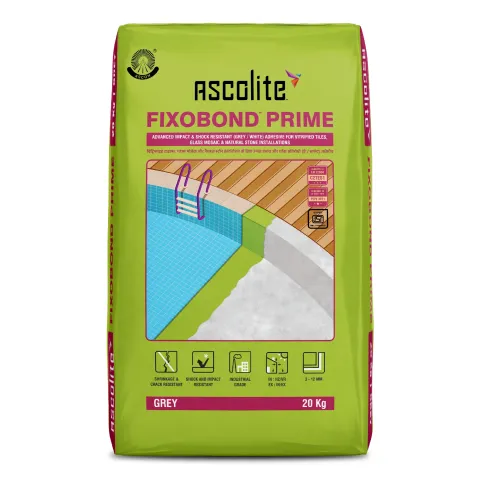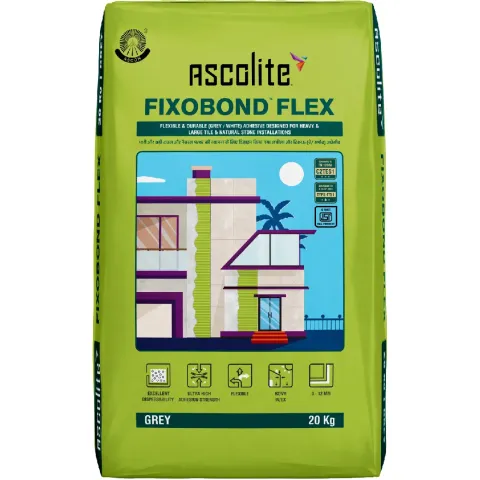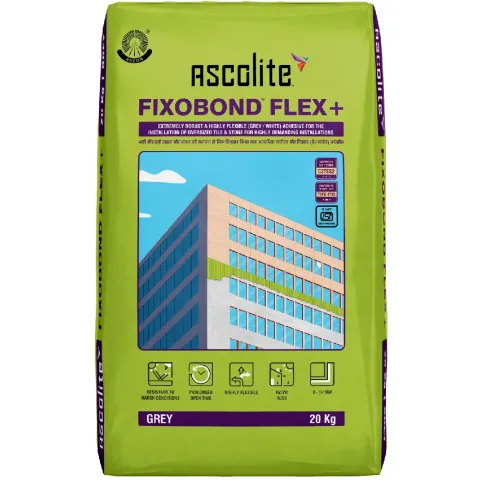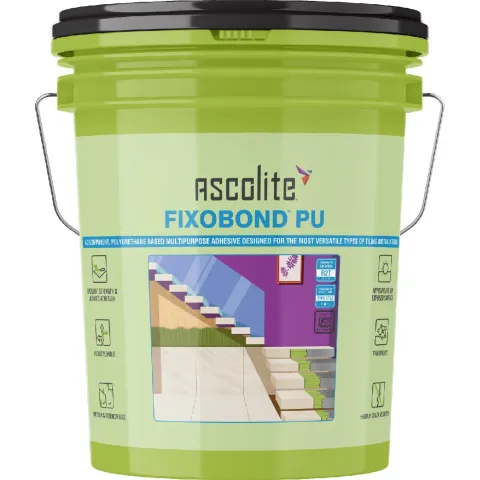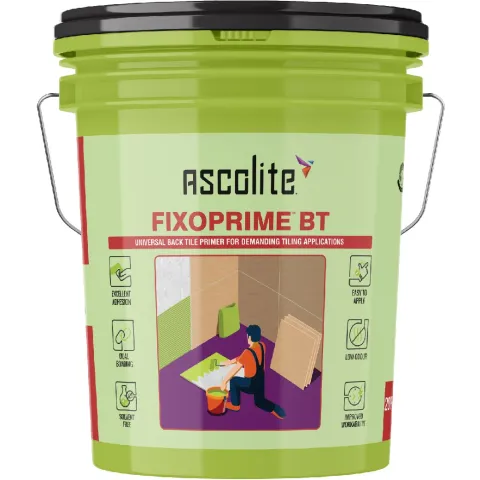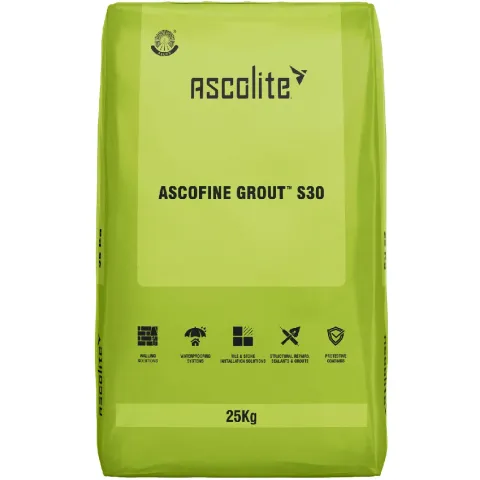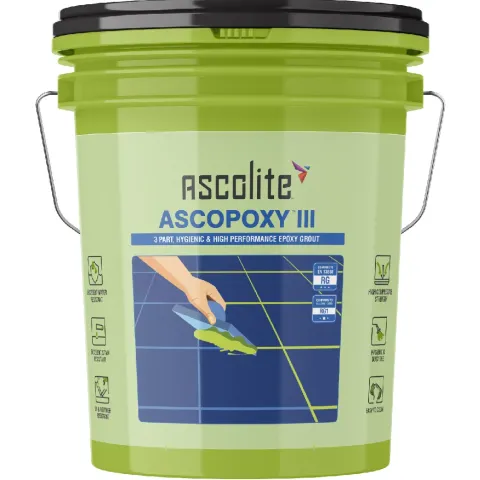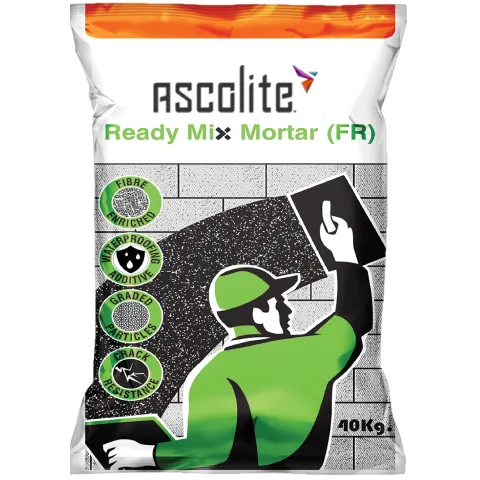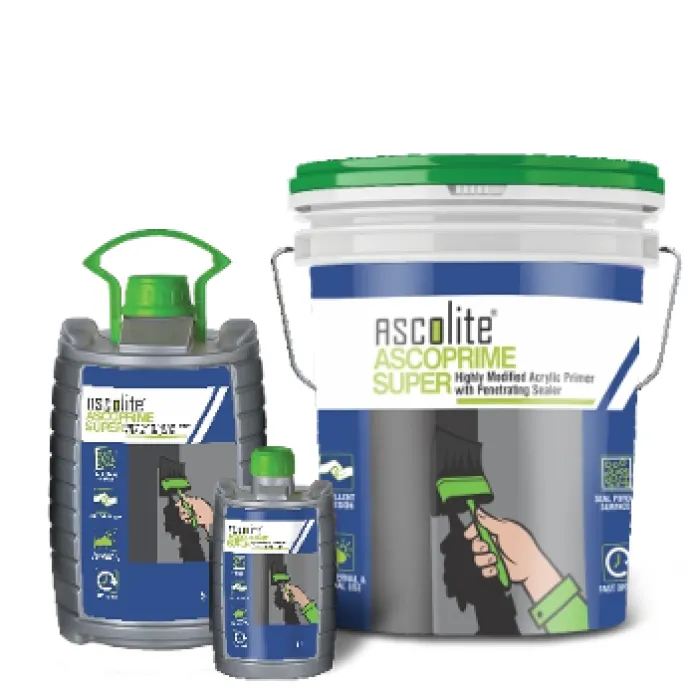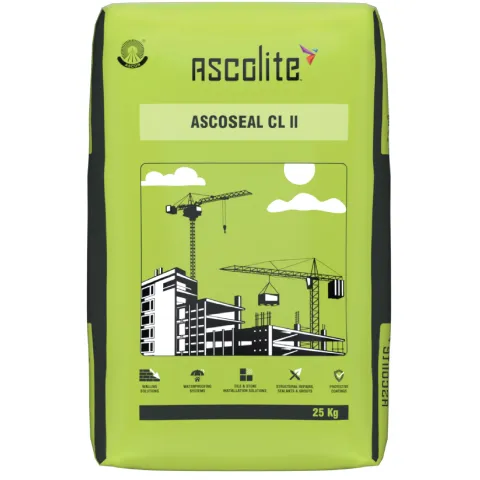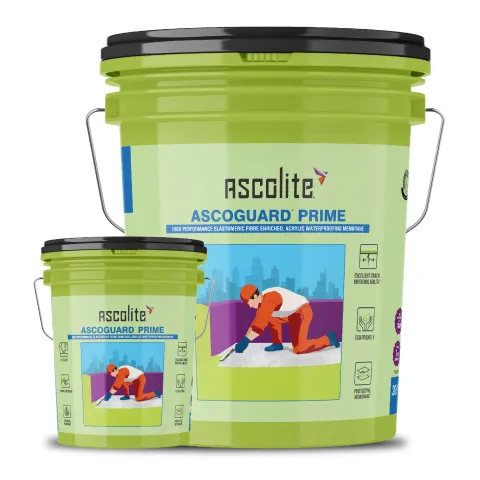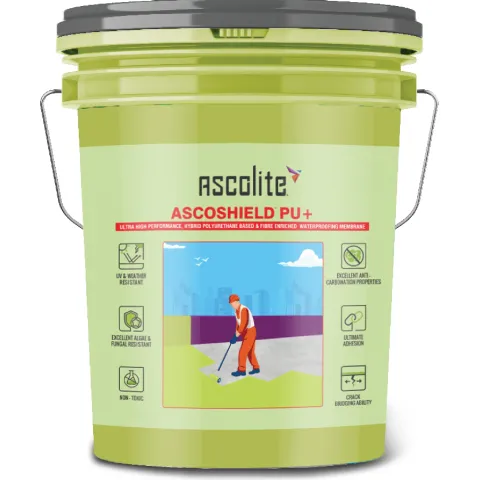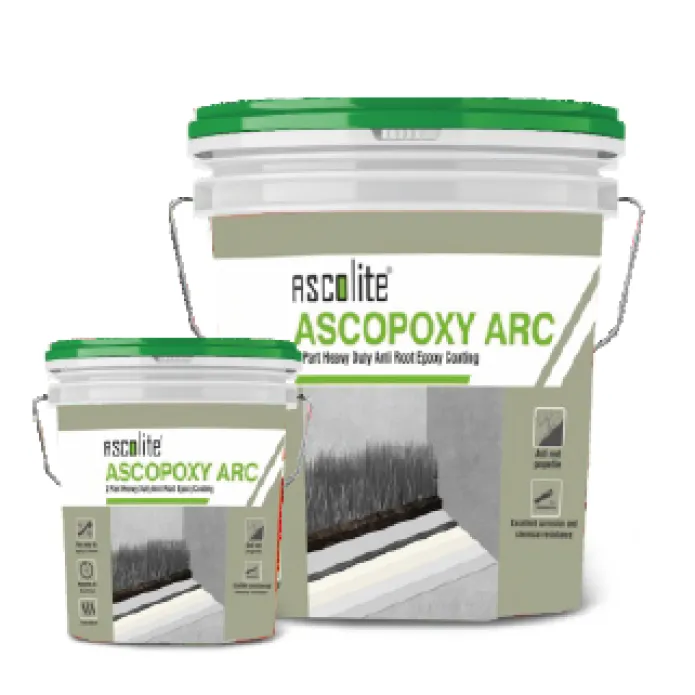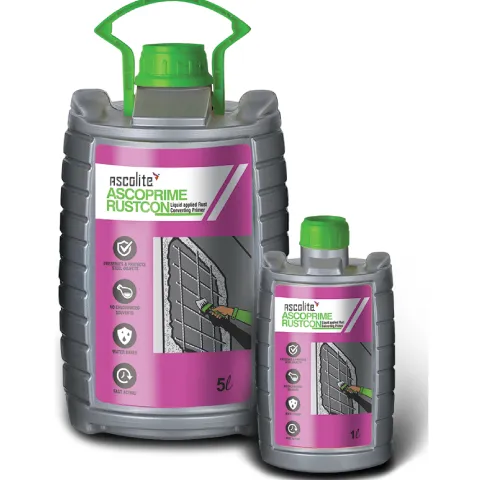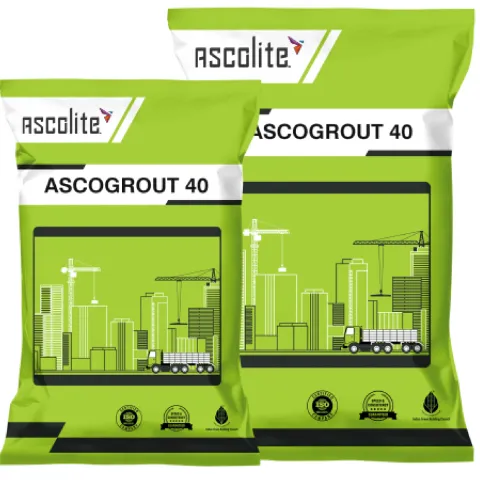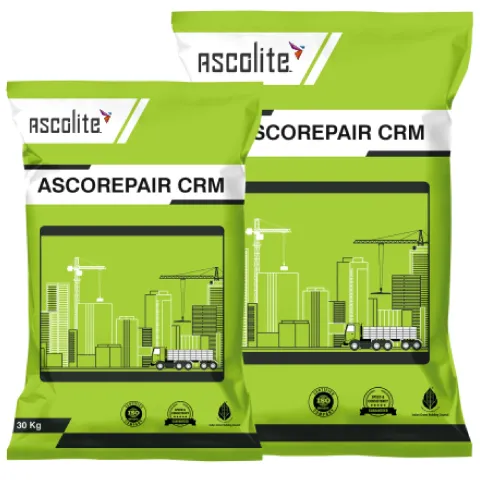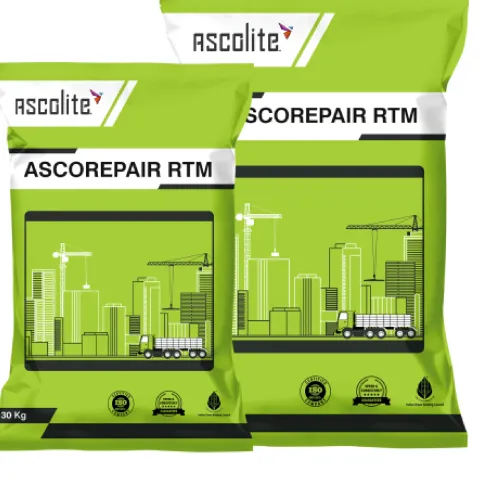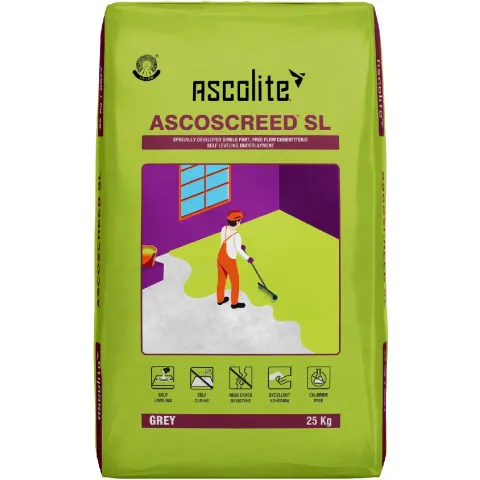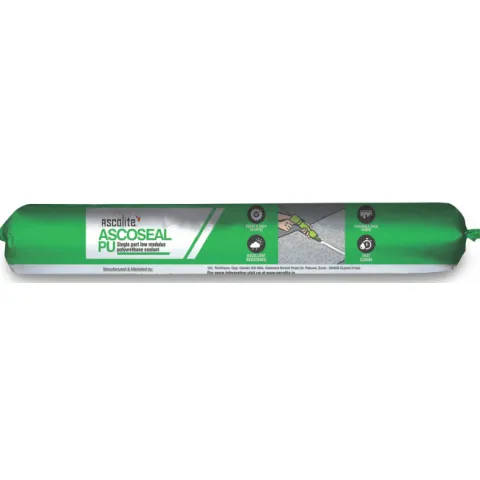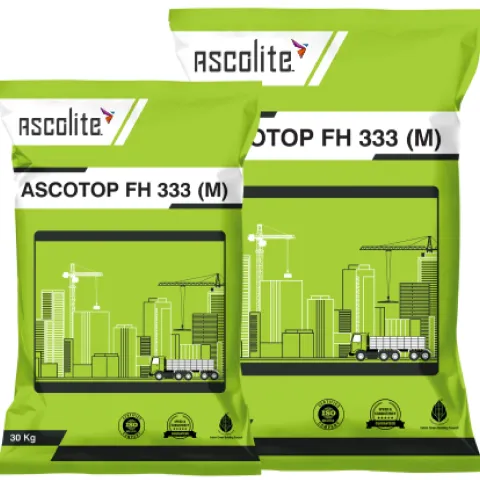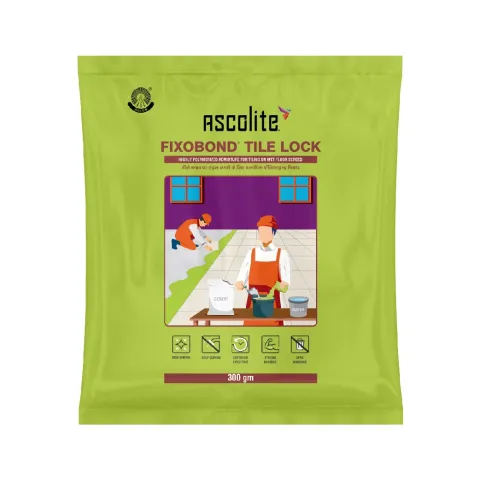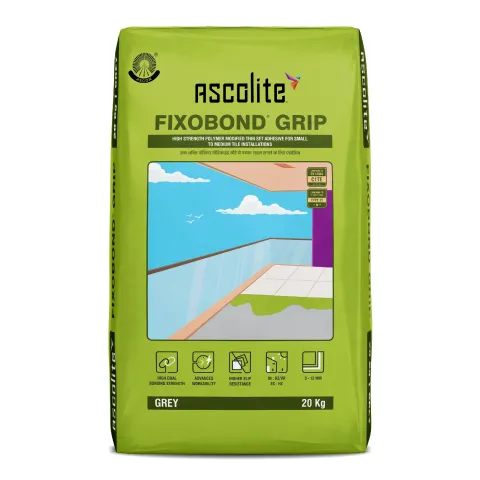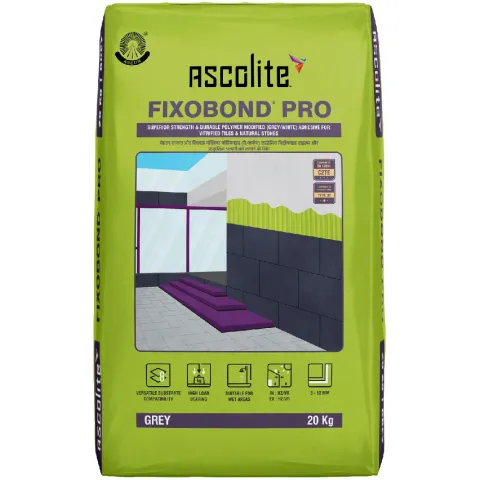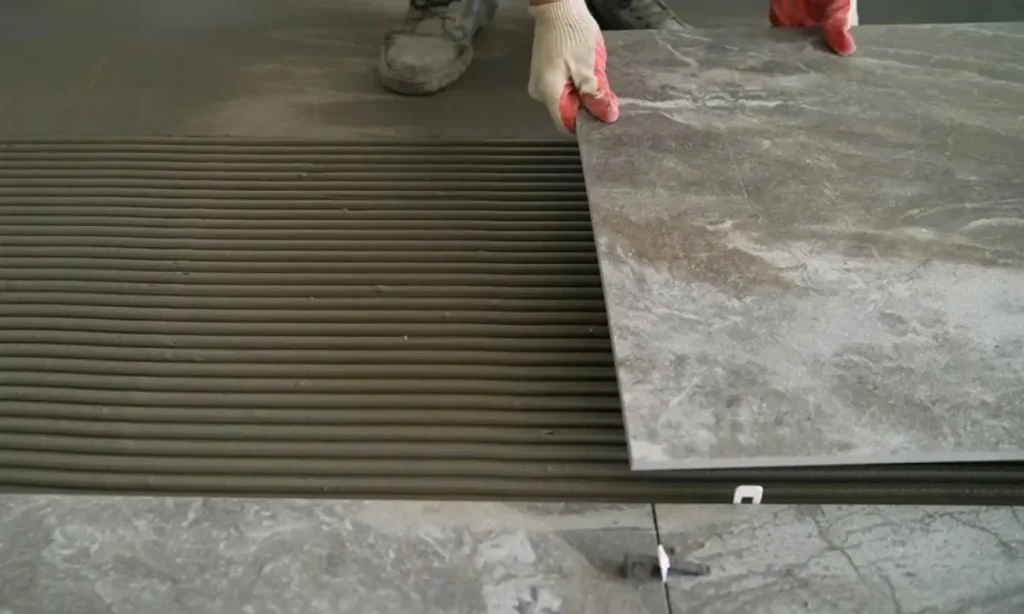
Which Flooring Tile Adhesive is Best for You? Find Out Now!
April 2, 2025
When choosing the right flooring tile adhesive, it’s crucial to ensure the durability, strength, and aesthetic quality of your tile installation. Whether for residential, commercial, or industrial projects, the right adhesive prevents tile displacement, cracks, or moisture damage. Here’s how to make the best choice based on your project needs.
1. Types of Tile Adhesives
Understanding tile adhesive types is essential for choosing the right flooring tile adhesive. Common options include:
- Cement-Based Adhesives: Ideal for ceramic and porcelain tiles, flexible for indoor and outdoor flooring.
- Ready-Mixed Adhesives: Best for small tiles in dry areas like kitchens, but not moisture-resistant.
- Epoxy-Based Adhesives: High strength, perfect for wet areas like swimming pools or commercial kitchens.
2. Consider the Type of Tile
Different tiles need specific adhesives:
- Ceramic and Porcelain Tiles: Use cement-based adhesives for their flexibility.
- Glass Tiles: Opt for thin-set mortar or polymer-modified adhesives for a clear bond.
- Natural Stone Tiles (Marble, Granite): Specialized stone adhesives prevent staining and ensure adhesion.
3. Substrate Conditions
Evaluate the installation surface:
- For concrete, standard cement-based adhesives work.
- For wooden or metal substrates, use flexible, polymer-modified adhesives to handle expansion.
- Moisture-prone areas need waterproof adhesives to maintain bond strength.
4. Project-Specific Needs
Each project has unique demands:
- Outdoor Applications: Choose weather-resistant adhesives like FIXOBOND PRIME for temperature and humidity.
- Heavy Traffic Areas: Use epoxy-based or highly polymerized cement-based adhesives for durability.
- Wet Areas: Waterproof adhesives like ASCOPOXY III ensure safety in swimming pools.
5. Drying Time and Workability
- Select an adhesive with suitable drying time for your pace. Quick-setting options reduce downtime for fast projects, and consider workability for large areas.
6. Heat and Chemical Resistance
- For high-temperature or chemical exposure (e.g., factories, kitchens), choose robust adhesives like epoxy-based, ensuring longevity.
7. Environmental Considerations
- If sustainability matters, opt for low-VOC adhesives for healthier indoor air quality.
Conclusion
In conclusion, choosing the right flooring tile adhesive depends on tile type, substrate, and environmental factors. By selecting the correct adhesive, you’ll ensure a long-lasting, beautiful, and durable tile installation. For premium options, visit Ascolite.
